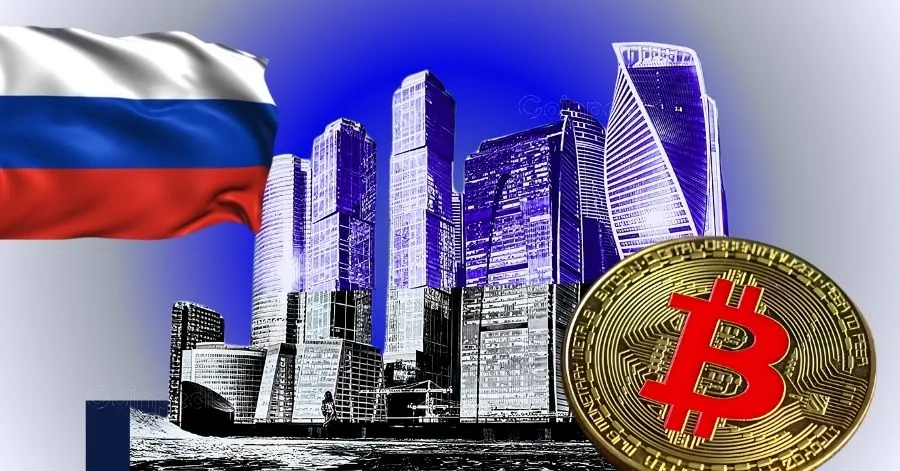
Russia is taking a bold step into the world of cryptocurrencies – but not in the way you might expect. The country is preparing to launch a government-backed crypto exchange, but this platform won’t be for the average investor.
Instead, it will be exclusively available to the ultra-wealthy—those who meet the “super-qualified” criteria, which means holding more than 100 million rubles (roughly $1.2 million) in assets or earning at least 50 million rubles (around $600,000) annually.
Here’s what you need to know.
This initiative, developed by the Ministry of Finance and the Central Bank of Russia, signals a major change in how the country views cryptocurrency. It’s part of a wider plan to legalize digital assets, create a state-controlled testing ground for crypto, and find ways to bypass the mounting impact of Western sanctions.
With traditional financial channels closed off due to sanctions, Russia is looking to digital assets as a way forward, offering a new economic lifeline. In a world where platforms like Deribit are leaving the Russian market, and others like Garantex are blocked, the Kremlin is stepping in to bring crypto under its control.
The impact of global sanctions on Russia has been significant, cutting off the country from vital international financial systems. Crypto, once treated with caution by Russian regulators, is now seen as a way to overcome these restrictions.
Many popular crypto platforms have pulled out of Russia or faced disruptions, leaving a gap in the market. Russia’s solution? Taking crypto into its own hands by centralizing and regulating digital assets more tightly.
Russia’s Finance Minister, Anton Siluanov, has confirmed that the upcoming exchange is designed to legalize crypto use, but only under the watchful eye of the government. While everyday Russians might be able to trade crypto derivatives, their ability to engage in other forms of crypto trading will be tightly controlled.
In short, Russia is not seeking an open crypto market; rather, it aims to bring digital currencies under the same kind of control it exerts over other financial assets.
At the recent BRICS Summit, Russia pushed for the use of digital currencies in international trade. The country is also exploring the idea of a ruble-backed stablecoin, signaling a desire to bypass international sanctions and keep its economic influence strong on the global stage.
A recent investigation by Reuters revealed that Russian oil companies are already using Bitcoin and Ethereum through intermediaries to continue trading with China and India. This behind-the-scenes use of crypto is quietly fueling cross-border transactions, even as traditional trade routes are closed off.
These crypto-powered transactions may not be widely known, but they’re helping Russian companies navigate the sanctions and maintain their international trade relationships.
The exclusive exchange is set to launch later this year, although debates about regulations are still in progress. If it proves successful, the platform could become a key component of Russia’s strategy to stay economically resilient.
By relying on blockchain, Russia could keep financial channels open and even change the way it interacts with the world economy.
Chainlink price has recently reignited bullish sentiment after reclaiming critical support and breaking past the…
After surging to a new all-time high of $123,231 on July 14th, the Bitcoin price…
Dogecoin is surging again. Bulls are waking up. Analysts are calling for $0.74, its all-time…
India's crypto users continue to struggle with the high taxes and a lack of clear…
Pi Coin is making waves today, rising 7.7% to trade at $0.4866 following a technically…
U.S. Treasury Secretary Scott Bessent has reignited scrutiny of the Federal Reserve, urging a deep…